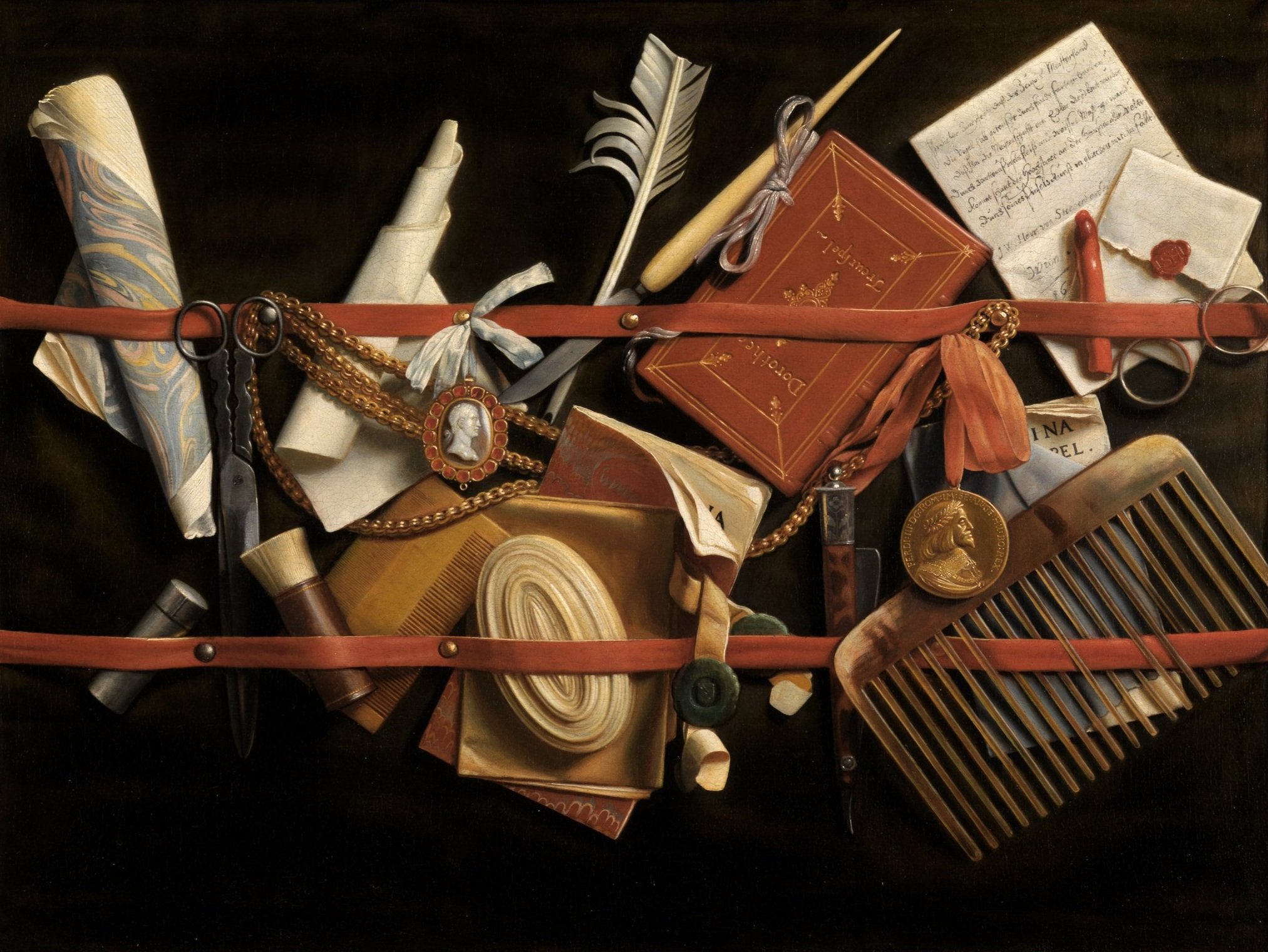Dopamine and a Defense of Writing

Dopamine and a Defense of Writing
L.T. Greer
I hate to write.
It’s time-consuming. It requires prolonged focus. It demands study, reflection, confrontation, written and rewritten sentences, rough drafts, and crumpled pages. And that’s all before a piece is completed. After it’s “finished,” new torments emerge: the unanticipated argument, the missed typo, the now-obvious point, the intended audience’s misapplication, the unintended audience’s misunderstanding, that One Thing I would definitely add (or subtract) if I had the chance to do it again.
And if this wasn’t enough, sitting down to write scores an entertainment value of close to nil. It cannot contend with the allure of the endless scroll. Writing tallies a zero for a quick-and-easy dopamine hit. And writing has virtually nothing to offer in the arenas of insta-fame or insta-rage. Indeed, the act of careful writing is so feeble in its power to lure, to entertain, to arouse, or to provoke that, in comparison to the competition’s pervasive temptation and instant gratification, it’s a wonder that I’m able at all to punctuate this very sentence. Wait. …this very sentence! That’s better.
*
I love to write.
Whatever superficial indulgences the alternatives have to offer, they can never plumb depths like the process of writing can. It’s happening right now: study, reading, and personal experience all merging in this act of writing. To write is to seize an instrument for greater understanding. In writing, an intellectual alchemy begins to bubble and gurgle, and it’s unlike anything my pocketable glowing rectangle can produce.
Writing guards against vague thinking. Complete sentences help to form complete thoughts. In casual conversation, I can refer to something that I thought I believed, only to find it derailed by a simple inquiry from my nine year-old. Writing, however, forces a careful consideration of the reader, even if that reader will only be me. Clarity in writing is premised on clarity in thinking, and—curiously—the writing process helps to clarify thought. Writing forces the issue, exposes the holes, reveals the inconsistent, displays the contradictory. As the virtuous writing-thinking-writing circle spins up, errors are exposed, paths are illuminated, breakthroughs are made. The writer shapes the words, and the words shape the writer.
An implicit question for almost any seriously-written word is simply, “Does this make sense?” Any sci-fi author on the receiving end of a tweet storm about the time-space continuum will tell you that even fantasy must be communicated sensibly. In this way, the act of writing provides an antidote to the toxic superficialities that other more passive forms of “engagement” propagate through their channels and feeds. Digital hyperbole can be shameless and self-contradictory precisely because it is bite-sized, mindless, ephemeral. They’ll be all-caps YELLING something else in an hour. In contrast, a cohesively written piece has the powerful ally of carefully considered words — words that were first considered, then reconsidered, and finally wrestled down by their writer.
Writing clarifies, but clear thought is merely writing’s penultimate gift. If clarified thinking is on the other side of clear writing, then clarified belief is on the other side of clear thought. Sound thinking helps to form and reform belief. “Be transformed by the renewal of your mind,” said the apostle. My motivation for writing may be to clarify thinking, but my purpose for writing is to mold belief—beginning with myself and extending to others.
*
We all believe something. My way of life, my ambitions, and my affections are premised on some supposition. What makes the good life? Which is the way to the desired destination? How is the preferred outcome achieved? All people are pursuing answers to these questions in one way or another. Even the most data-driven among us can’t escape Pascal’s wager. Each of us has laid our chips on the table. We all believe that something or other supplies the most promising pursuit of happiness.
Clarity of thought exposes existing beliefs and, critically, illuminates better ones. “The truth shall set you free,” Jesus said. The liberating truth he referred to wasn’t isolated in a diagnostic test tube or privatized in an individual boutique experience. “The truth,” says Jesus in effect, “is that everyone is following something or someone; everyone practices discipleship to something.” He is right. “If you abide in my word, you are truly my disciples. Then you will know the truth, and the truth shall set you free,” he said. Here the Incarnate Word exhorts with his Spoken Word to abide in his Written Word. He is calling anyone who would listen out of default, passive belief and into liberating, intentional belief.
This is why I write: to be set free from wonted belief, and to be drawn into accord with reality. My audience is me and people like me — in my church, in my neighborhood, and in my city. We are all confronted with a perpetual wall of noise that passively distracts and actively deceives. Without the exposure and relocation of our hearts’ presuppositions, we are like those to whom Jesus was originally speaking: utterly beholden to and trapped by the very things we purport to authenticate our liberty. It is an especially devastating kind of entrapment to believe I am freed by that which entangles me.
But the inverse gives hope: the retuning of our hearts' beliefs to resonate with the truth. What if my job was no longer to survey and select from an ocean of self-actualization techniques? What if my task was no longer to synthesize “my truth” from the disparate parts of my own conflicting desires and an ever-changing zeitgeist? What if instead, someone made a way for me to sing in concert with a singular, radiant, created intent?
That would be freedom.
Now here we are — you and I, reader and writer — at the conclusion. Our conclusion has made bold claims, going so far as to invoke the grandiose themes of “truth” and “freedom.” It’s a conclusion that, at least for me, beckons. It is no easy path, yet it is far easier than sprinting to nowhere on the treadmill of the ordinary. It is a conclusion drawn only after the process and perspiration of writing.
L.T. Greer
L.T. (Luke) Greer serves on the executive team at Orchard Group, an organization dedicated to establishing new churches in cities. Previously, Luke was a missionary and church planter in the Mexico City Valley. He holds an MA from Wheaton College, and his written work has appeared in Evangelical Missions Quarterly, Desiring God, and Gospel Centered Discipleship. You can find him on his website, on Twitter, or with his family on Promontory Point
Photography by Zhang Kenny




